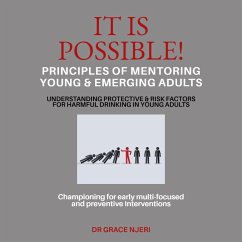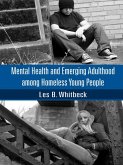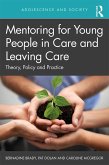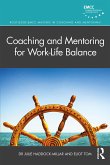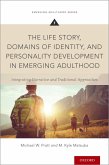This research project explored the experiential accounts of young men between the age of 20 to 29 in the UK who had previously engaged in harmful drinking but who had since quit. Interpretive Phenomenological Analysis was utilised as the research methodology and eight participants were consented and interviewed. They gave rich data about their lived experiences of having engaged in harmful drinking and eventually quitting. In my analysis, I identified eight themes namely: initial pathways to drinking; pro-change factors; culture of drinking; life transition; connectedness with self and other; relationship with the body and environment; mental health and well- being and spiritual transcendence.
My findings reveal a complex multidimensional vulnerability to harmful drinking in emerging adulthood and show that this issue, which is broad, complex, and multifaceted requires multi-focused solutions. I conclude that harmful drinking among emerging adulthood requires relevant interventions that are integrative, multi-focused and preventative. This study makes a substantive and meaningful contribution to knowledge that can inform development of future alcohol misuse prevention programmes for emerging adults who are both in and out of education.
Dieser Download kann aus rechtlichen Gründen nur mit Rechnungsadresse in A, B, CY, CZ, D, DK, EW, E, FIN, F, GR, H, IRL, I, LT, L, LR, M, NL, PL, P, R, S, SLO, SK ausgeliefert werden.

